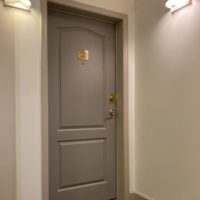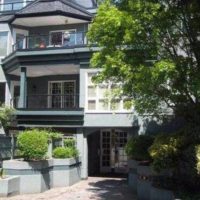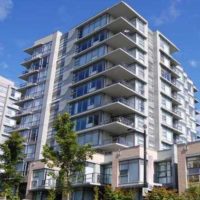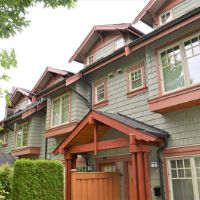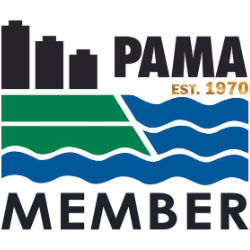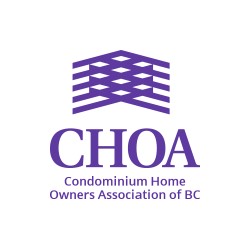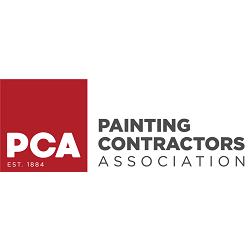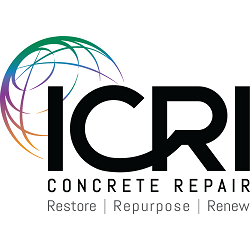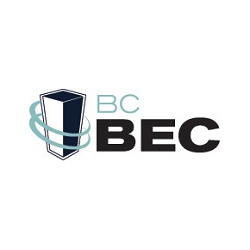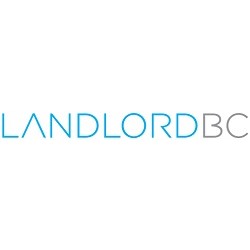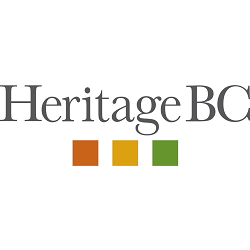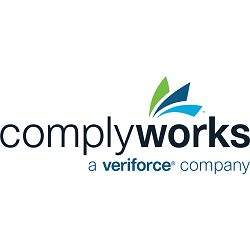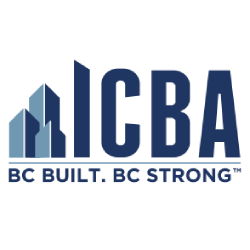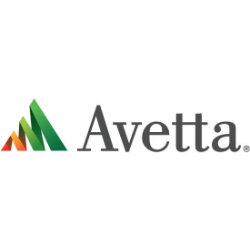Strata painting projects can feel complex—but with the right knowledge, they become far more manageable. Below are the most common questions strata councils and property managers ask when planning a repaint. From timing and budgeting to logistics and safety, this guide offers practical answers based on decades of experience across Metro Vancouver.
How often should our strata building be repainted?
Most strata and commercial properties in Metro Vancouver repaint every 7 to 10 years, depending on environmental exposure, surface materials, and coating quality. Buildings near the ocean or in high-rainfall areas may need more frequent maintenance due to increased weathering.
Repainting regularly not only keeps your building looking fresh and well-maintained, but it also protects critical exterior surfaces from moisture intrusion, UV damage, and premature material deterioration. Staying on schedule with repainting reduces the risk of costly repairs, extends the life of your cladding and sealants, and helps maintain property value, especially important for strata resale considerations.
What factors influence painting frequency?
- UV exposure and rain levels: Sunlight and moisture are two of the biggest factors in coating breakdown. UV rays degrade paint binders, causing fading and cracking, while frequent rain can penetrate vulnerable areas. Repainting provides a fresh protective barrier that resists water intrusion and extends the life of the building envelope.
- Building age and substrate condition: Older buildings often have substrates like wood, stucco, or concrete that have endured years of expansion and contraction. These surfaces are more prone to paint failure and water ingress. A timely repaint seals weak points and restores surface integrity.
- Paint product quality from previous cycles: Not all paint systems are created equal. Low-quality or improperly applied coatings may deteriorate quickly, requiring earlier intervention. Upgrading to high-performance paint products during your next project boosts durability and reduces long-term maintenance costs.
- Signs of wear such as fading, chalking, or peeling: Visible deterioration means the protective function of the coating is compromised. Addressing these signs with a new paint job prevents deeper damage and protects your building’s appearance and asset value.
Regular inspections are key. Remdal offers guidance on whether a repaint is due or if surface maintenance can extend the cycle.
What preparation is needed before painting?
Good preparation ensures a long-lasting result. This can include:
- Pressure washing and surface cleaning: Remdal provides thorough cleaning as part of our standard preparation to ensure new coatings bond properly and surfaces are free of contaminants.
- Scraping or sanding peeling paint: Our crews manually prepare deteriorated areas to ensure old, flaking paint doesn’t compromise the durability of the new system.
- Replacing damaged caulking or wood trim: Remdal specializes in targeted sealant replacement and minor wood repair, essential for preventing water ingress before painting.
- Priming bare or repaired surfaces: Our team selects and applies primer systems appropriate for each substrate to maximize coating performance and lifespan.
Each building’s preparation is tailored to its needs. Our crews handle this in-house for consistent quality.
Will residents need to move cars, furniture, or belongings?
Yes, in certain areas. Notices are issued well in advance, asking residents to:
- Relocate vehicles from parkades or driveways
- Remove balcony furniture and planters
- Close windows during painting
We work closely with property managers to schedule this with minimal disruption.
What about noise or fume concerns?
Our teams use low-noise equipment and low-VOC (volatile organic compound) paints whenever possible. Notices are provided for:
- Pressure washing days
- Painting near windows or balconies
- Expected odours during product application
Ventilation and safety protocols ensure resident comfort and compliance with WorkSafeBC.
Who handles communication with residents?
Remdal takes communication seriously. We provide:
- Introductory notices and schedules
- Weekly updates with progress
- Weather-related changes or adjustments
Our project managers and foremen are accessible and responsive throughout the project.
What happens at the end of the project?
We walk the site with property representatives to:
- Inspect completed work
- Address any deficiencies or touch-ups
- Provide a written two-year warranty
A smooth close-out ensures everyone is satisfied with the final result.
Still have questions? Connect with Remdal’s expert team. We’re here to make your next painting project smooth, safe, and successful.
FAQ: Low-VOC Paints and Sustainable Painting Practices
Most strata and commercial buildings in Metro Vancouver need repainting every 7 to 10 years. However, properties exposed to harsh weather may require more frequent maintenance.
Several factors influence repainting schedules:
UV and rain exposure, the building’s age and materials, the quality of previous paint products, and visible signs like fading, chalking, or peeling. Regular inspections can help determine whether a repaint or surface maintenance is needed.
Proper prep work ensures a long-lasting finish. It typically includes pressure washing, scraping or sanding, replacing damaged caulking or trim, and priming bare or repaired areas. At Remdal, all preparation is done in-house to maintain high standards.
Yes, in some areas. Residents are given advance notice to move vehicles from driveways or parkades, remove balcony items, and close windows. We coordinate with property managers to minimize disruption.
We use low-noise equipment and low-VOC paints where possible. Notices are provided ahead of time for pressure washing, balcony or window work, and any expected odours. Our safety and ventilation protocols meet WorkSafeBC standards to ensure comfort.
Timelines vary depending on building size, weather, and scope of work. Most townhouse complexes take 2–4 weeks, while large buildings or high-rises may take several months. A full schedule is shared before we begin.
Remdal handles all communication, including introduction notices, schedules, weekly progress updates, and weather-related changes. Our project managers and foremen are available throughout the job for any questions or concerns.
At project completion, we walk the site with building representatives to inspect the work, handle any touch-ups, and provide a written two-year warranty. Our goal is a smooth, professional close-out with complete satisfaction.

